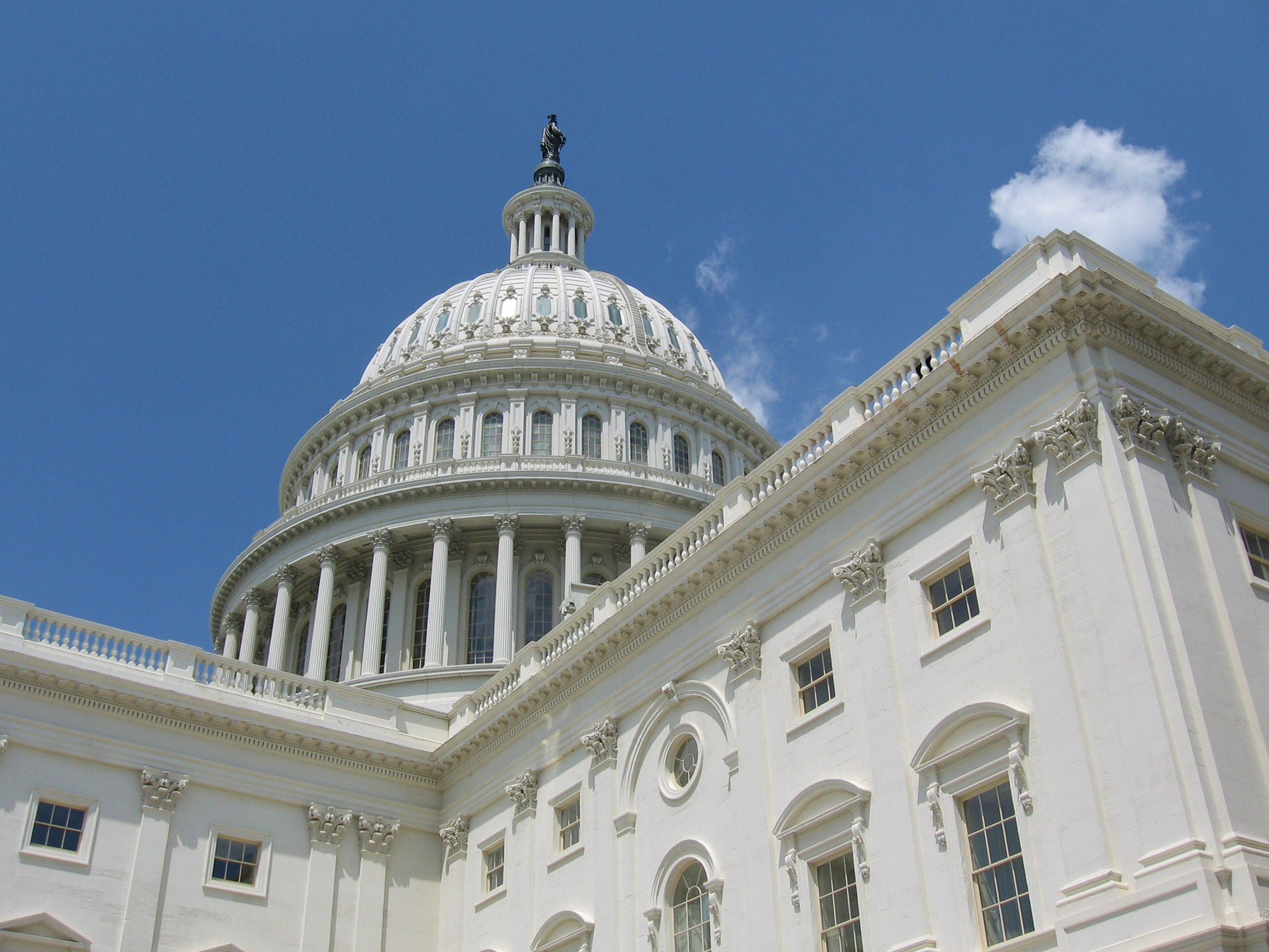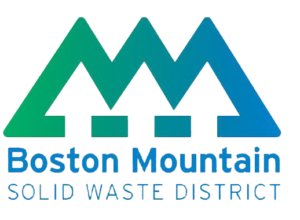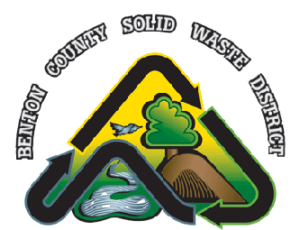A pair of bipartisan bills in the U.S. Senate would back recycling programs in more places and gather essential information for improving the country’s recycling systems, potentially including here in Northwest Arkansas.
Sen. John Boozman of Arkansas, who co-chairs the Senate Recycling Caucus, was among a handful of senators who introduced the bills earlier this month.
One of the bills, the Recycling and Composting Accountability Act, would have the U.S. Environmental Protection Agency catalog the nation’s recycling and composting programs and collect data such as how much they collect and how much of it actually gets recycled. That data would guide work to make those systems better and more accessible. The agency would also assess whether the U.S. could implement a public residential composting program across the country (Fayetteville has such a program already).
The other bill, the Recycling Infrastructure and Accessibility Act, would create a competitive grant program for communities that can’t feasibly access a materials recovery facility, the kind of facility that sorts through and separates recyclables and prepares them for shipment to the manufacturers that will use them. Communities could receive up to $15 million under the proposal. The priority would be for places with no MRF within 75 miles, which wouldn’t include Northwest Arkansas, but many of our neighbors around the state could qualify.
“Recycling helps reduce waste heading to landfills while also creating jobs and driving innovation,” Boozman, a Republican, said in a written statement. “These initiatives expand opportunities to families and businesses in rural, underserved areas so they can play an active role in preserving our resources and improve our nation’s recycling and composting capabilities.”
Though the bills have bipartisan support, they’re still at the beginning of their journeys — they’d need to pass at the committee level and in the whole Senate, then get approved by the House and the president, to go into effect. Their details could change in the meantime. They nonetheless mesh with the goals of NWA Recycles in several ways.
For example, one big issue to address in Northwest Arkansas is the lack of consistent data, or any data at all, for many of the area’s recycling programs. To be blunt, several communities have no information on how much they recycle even though they’re paying for recycling services. As you can imagine, that makes it harder to see how those programs are performing and to set long-term goals. It makes it harder to build public trust in our recycling systems. And it makes it harder for businesses that might use our recyclables to see whether setting up shop is a viable option. A national and publicly available data program could be just the ticket to help.
We’ll watch to see where these proposals go from here. If you want to voice your opinion to our members of Congress, you can reach out to their local or Washington, D.C., offices.


